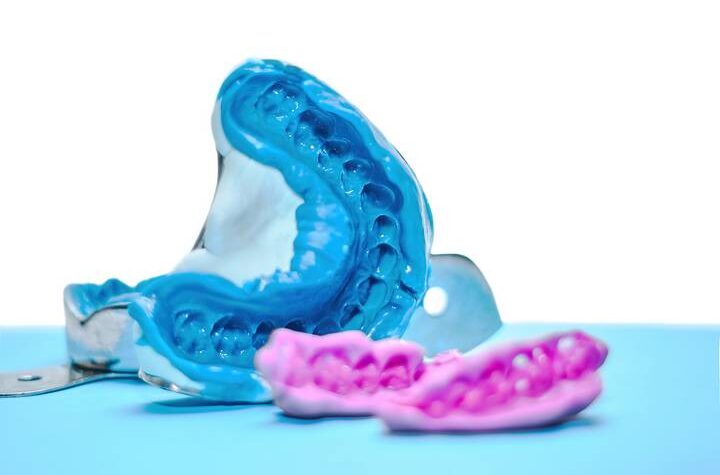In this 21st century, you can accomplish nearly everything thanks to the developing technology. One of the industries that has benefitted from technological developments is the medical, specifically dentistry. You can achieve a better smile through advanced dental treatments, and that’s where dental bite blocks come in.
Dental bite blocks are helpful in different ways, from cushioning the lips from injuries by wires or braces to aligning the anatomy. If you have a schedule to install or purchase them soon, get a qualified orthodontist to perform the procedure for better results.
Below is a deeper look into dental bite blocks and their benefits to the user.
What Are Dental Bite Blocks?
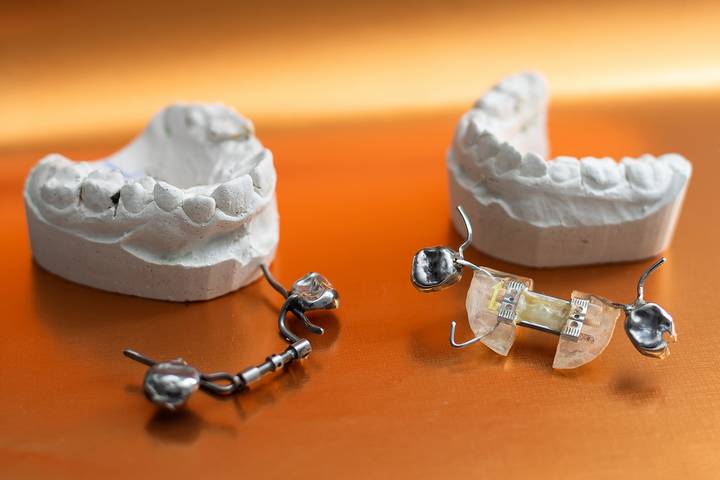
Dental bite blocks are devices with metal brackets passing around the backside of the teeth. They are installed to help correct misaligned teeth and protect orthodontic patients from hurting themselves. You can obtain them through dental suppliers.
These bite blocks are made of wire, acrylic, and resin and treat crowding, crossbites, and overbites. Dental bite blocks aren’t used independently but blend with other orthodontic essentials like bracelets. They can be fixed or removable.
Uses of Dental Bite Blocks
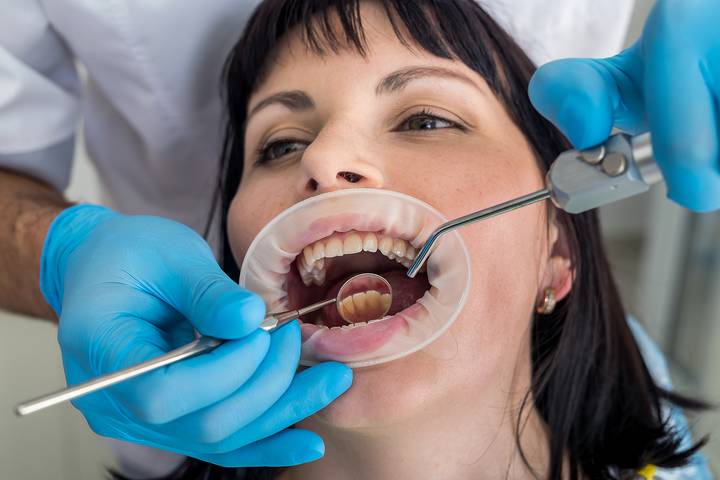
Dental bite blocks are small devices crucial for various treatments and procedures. They serve as mouthguards in sports activities including boxing, cricket, American football, and rugby to minimize the risk of oral injuries for the athletes.
In the field of orthodontics, dental bite blocks play a key role in correcting misalignments by aiding proper tooth movement. These devices also allow for the shaping of a specific dental anatomy as per the dentist’s recommendation to create the desired tooth structure over a certain duration.
Additionally, individuals who struggle with clenching and teeth grinding may use dental bite blocks at night to protect their teeth from enamel damage. This preventative measure helps maintain oral health by mitigating potential harm caused by these issues.
Other applications of dental bite blocks include during postoperative healing or when breaking certain habits in children, like thumb-sucking for better oral hygiene.
Benefit #1: Dental Safety
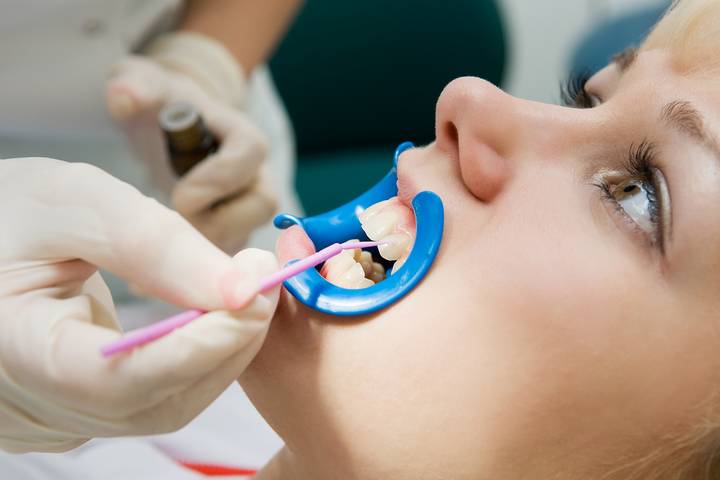
Dental bite blocks are pretty beneficial to patients in different ways. One significant benefit of dental bite blocks is that they enhance patient safety.
These devices help to inhibit accidental biting or raw movement before and during procedures. That directly translates to fewer injuries to the practitioner and patient. Clenching and grinding are the most common movements that may cause injuries due to teeth misalignment.
Benefit #2: Relieving Pain

Dental bite blocks are also ideal for relieving pain associated with dental issues. The devices offer a stable and smooth jaw by putting them in a relaxed position.
Unintentional teeth clenching and grinding also increase the chances of headaches and general body weakness. With dental bite blocks, patients can hardly experience these pains. Even when they occur, they may not be as intense as without the bite blocks.
Benefit #3: Better Sleep

You can be guaranteed to sleep better with dental bite blocks. These devices help to reposition the jaw, keeping the airway open. Patients will sleep better, which is impossible with misaligned teeth.
As highlighted earlier, dental bite blocks also minimize the intensity and frequency of headaches and other discomforts.
Benefit #4: Ease of Maintenance
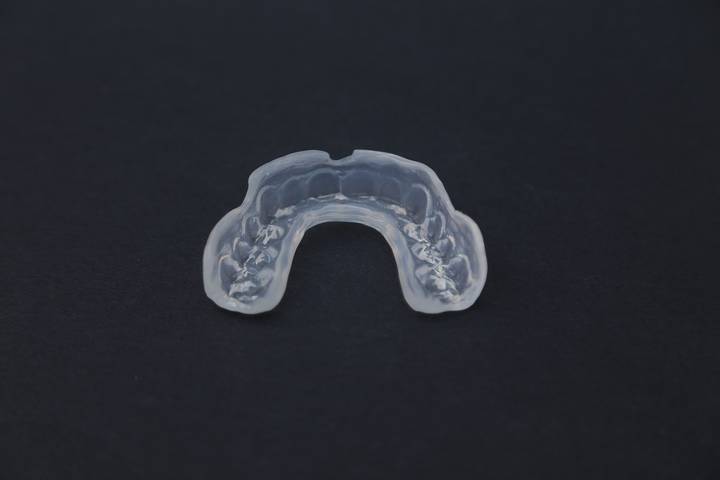
Another benefit of dental bite blocks for tooth alignment or protection is that they are easy to maintain. These devices are either removable or fixed. You can remove, clean, and re-install with the former.
Fixed dental bite blocks are also easy to maintain. Regular teeth brushing (at least twice daily) with fluoride toothpaste and a soft bristle toothbrush is enough for adequate maintenance. Be sure not to apply much force when brushing, as you may damage the wires and bracelets.
Benefit #5: Prevents Enamel Damage
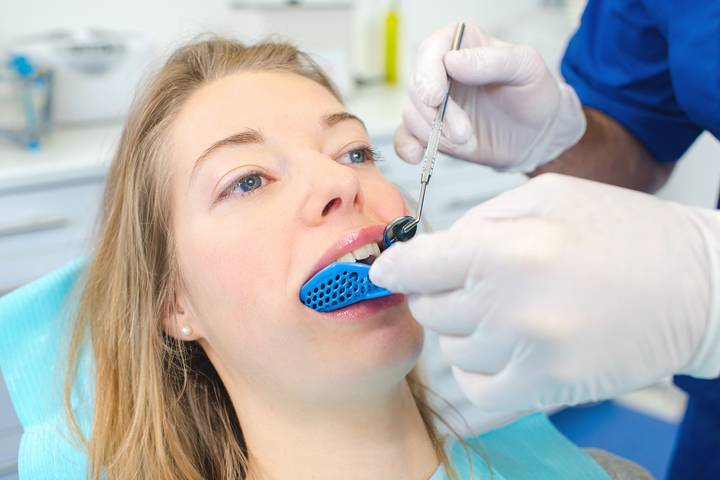
Dental bite blocks prevent potential enamel damage through unintentional contact between the lower and upper teeth. Frequent accidental bites increase the intensity of enamel erosion.
As a result, the teeth may become more sensitive with time if the issue isn’t addressed on time and adequately. Dental block bites make a great option to reduce accidental bites, hence less erosion and sensitivity.
Benefit #6: Shortcomings of Dental Bite Blocks
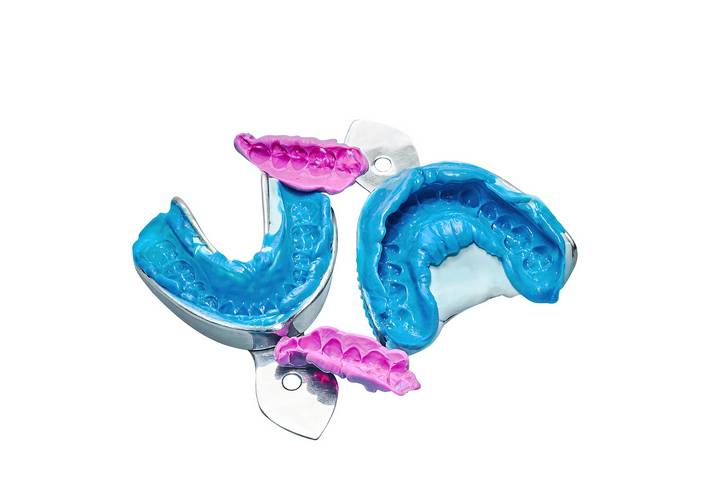
While they have numerous benefits, dental bite blocks don’t go without a few shortcomings that would help to be aware of. For instance, many people may experience difficulties chewing with dental bite blocks, especially when newly placed. Some bite on only a single block, while others may encounter soreness during and after installation.
Another key drawback of dental bite blocks is that they facilitate speech impairment because they limit tongue movement and other essential muscles. You can address this by practising your speech frequently with simpler words and shorter periods.
You should be keen with your bite blocks as they may be ineffective due to general wear and tear. Additionally, losing one of your removable bite blocks can be pretty frustrating because installing a single one may not be practical.

